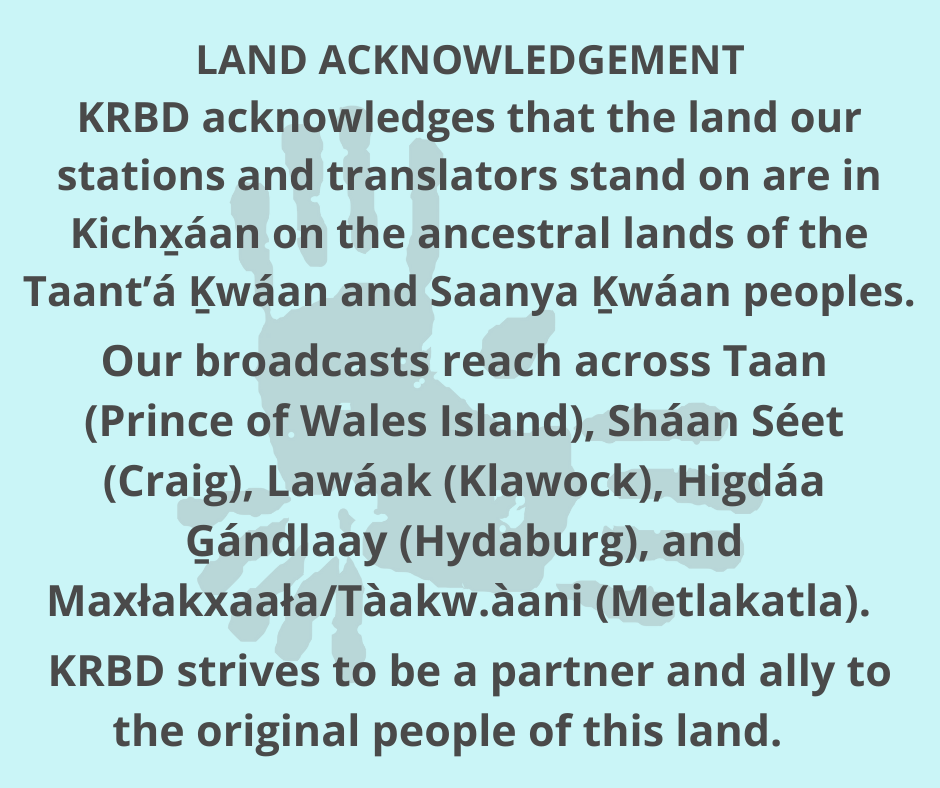
A legislator is hoping to resolve an international dilemma that threatens a major transportation route to Southeast Alaska.
Rep. Dan Ortiz (I-Ketchikan) was in British Columbia this week meeting with Canadian officials to find ways to ways to salvage ferry service with Canada.
“I’ve been very heartened by the response I received from all the government officials I’d met with down here in Prince Rupert,” Ortiz said by phone on Friday. “Everybody wants to see the (Alaska) Marine Highway System maintain access to Prince Rupert.”
Earlier this month the Alaska Department of Transportation said it was closing the Alaska Marine Highway’s connection with Prince Rupert, B.C. That’s because it can’t afford to comply with a U.S. requirement to provide armed security for American customs agents.
U.S. agents can’t carry guns in Canada and U.S. Customs and Border Protection put the state on notice that its agents would only work Prince Rupert’s ferry terminal next month if armed Canadian police are present.
“There was verbal discussion this past July about possibly bringing in RCMP officers from 150 miles away at an estimated cost exceeding $250,000.00 CAD ($188,000 USD) a year,” DOT spokeswoman Meadow Bailey wrote in a Sept. 6 statement. “At this point in time, we have been told that RCMP officers are not available to accommodate the current CBP law enforcement requirement.”
The loss of Southeast Alaska’s primary link to North America’s road system has caused concerns in both countries. Prince Rupert’s Mayor Lee Brain is traveling to Juneau on Sept. 16 to meet with the Dunleavy administration to seek a solution.
Ortiz says he’s been briefed on the details of the proposal and is optimistic.
“He’s going to be presenting a very very viable option for the state to consider,” Ortiz said.
The Canadian mayor will travel onward to Sitka for Southeast Conference’s annual meeting. Details of the proposal are expected to be released at the meeting of regional officials and industry leaders.
Alaska ferries carry around 13,000 passengers and 6,000 vehicles through Prince Rupert each year.








